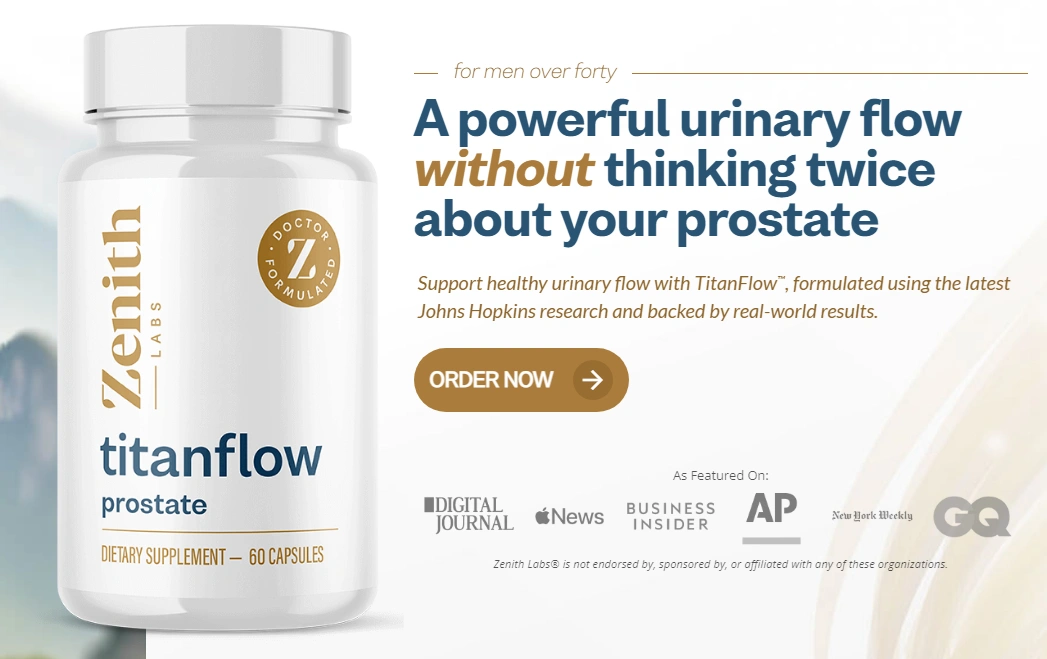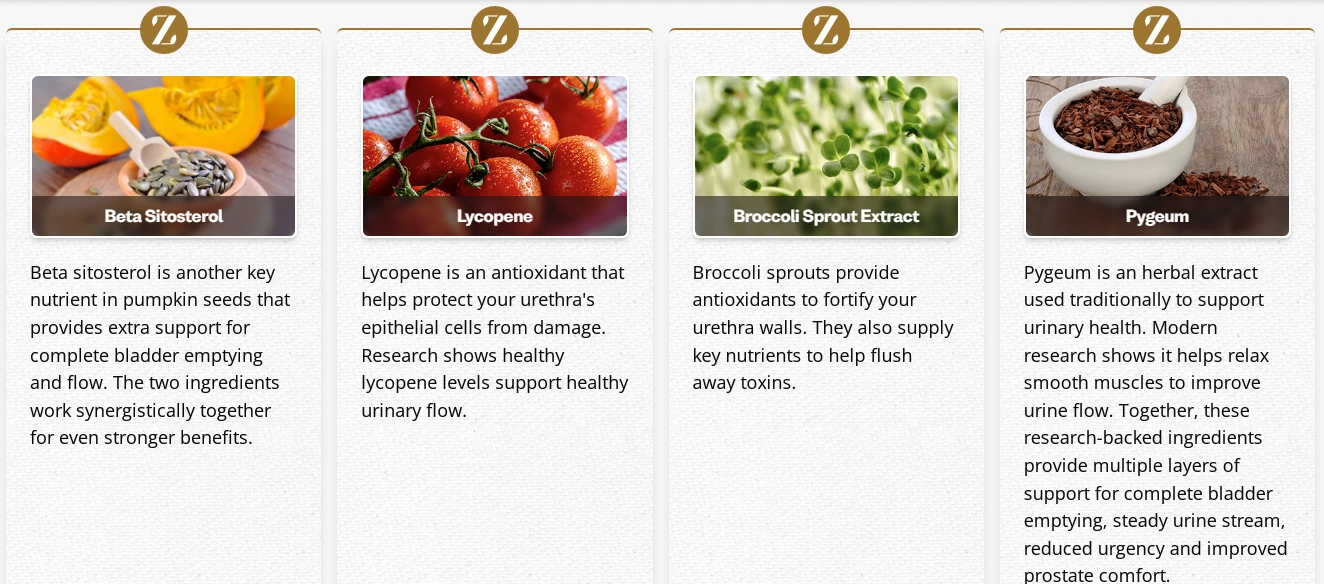The prostate is a small, walnut-sized gland located below the bladder and in front of the rectum. It plays a crucial role in male reproductive health by producing fluid that nourishes and transports sperms.
Common prostate problems include prostate enlargement (benign prostatic hyperplasia), prostatitis (inflammation of the prostate), and prostate cancer. Symptoms of prostate problems can include difficulty urinating, frequent urination, weak urine flow, and pain during urination.
Diabetes is a chronic condition where the body either does not produce enough insulin or cannot effectively use the insulin it produces, leading to elevated blood sugar levels. There are three main types of diabetes: Type 1 diabetes, Type 2 diabetes, and gestational diabetes. Common symptoms of diabetes include frequent urination, excessive thirst, unexplained weight loss, fatigue, and blurred vision.
Diabetes is diagnosed through blood tests that measure blood sugar levels, such as the fasting blood sugar test, oral glucose tolerance test, and HbA1c test. Healthy diet and regular exercise are essential for managing diabetes. They can help control blood sugar levels, reduce the risk of complications, and improve overall health.
Health supplements are meant to complement a balanced diet, not replace it. They can help fill nutritional gaps but should not be relied upon as the sole source of nutrients. A healthy diet, regular exercise, and proper hydration are essential for overall well-being.
Symptoms of liver problems can include jaundice (yellowing of the skin and eyes), fatigue, abdominal pain, swelling in the legs and ankles, and dark urine. Maintaining a balanced diet, avoiding excessive alcohol consumption, staying hydrated, and exercising regularly can help support liver health. Foods that are beneficial for liver health include leafy greens, citrus fruits, fatty fish, nuts, and whole grains.
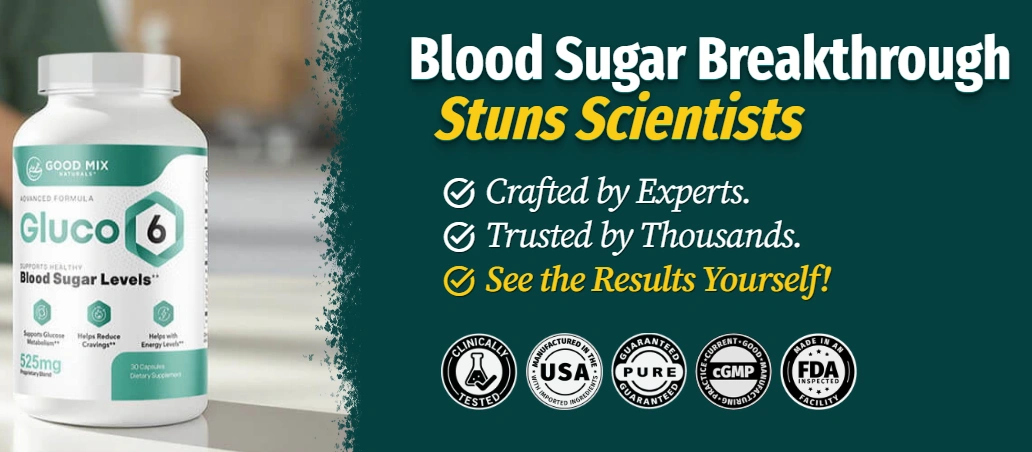 Click here to buy
Click here to buy
 Click here
Click here
 Click here to buy Sleep-Lean
Click here to buy Sleep-Lean





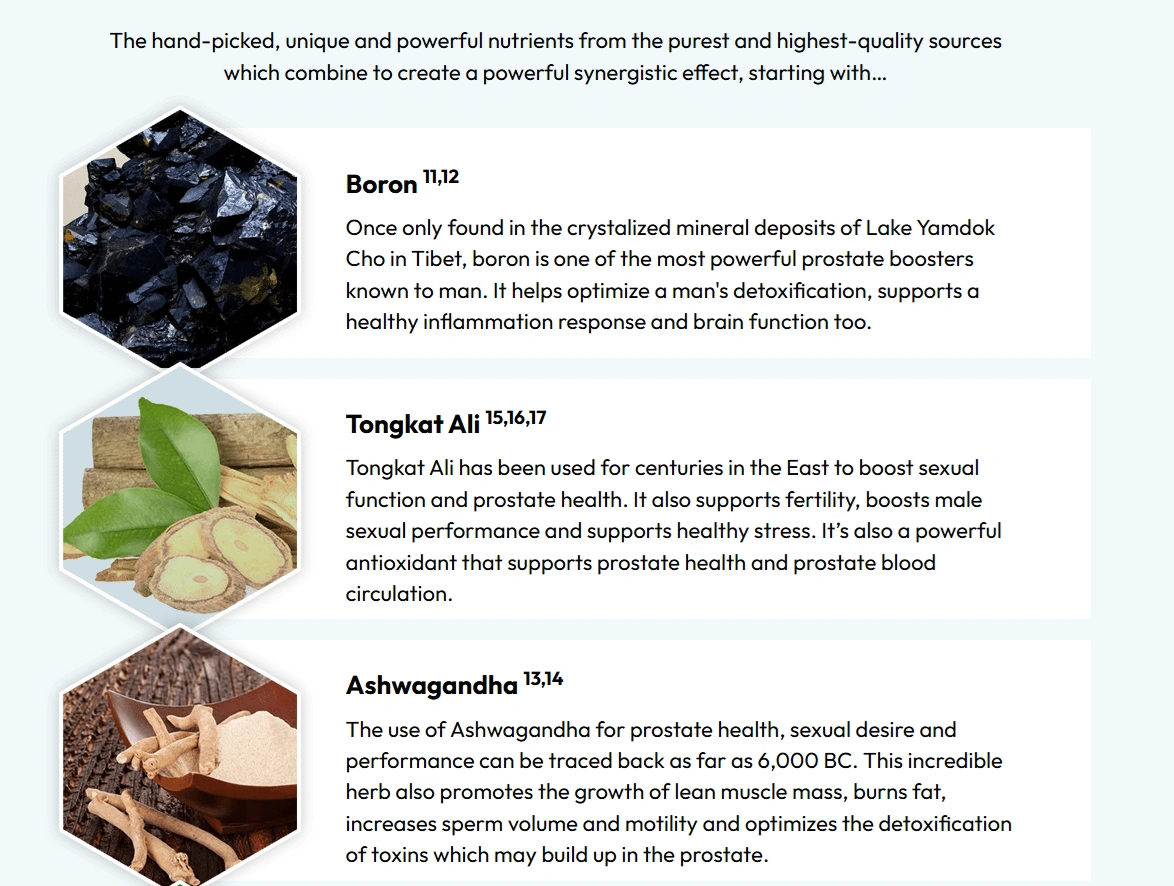 Click here
Click here 

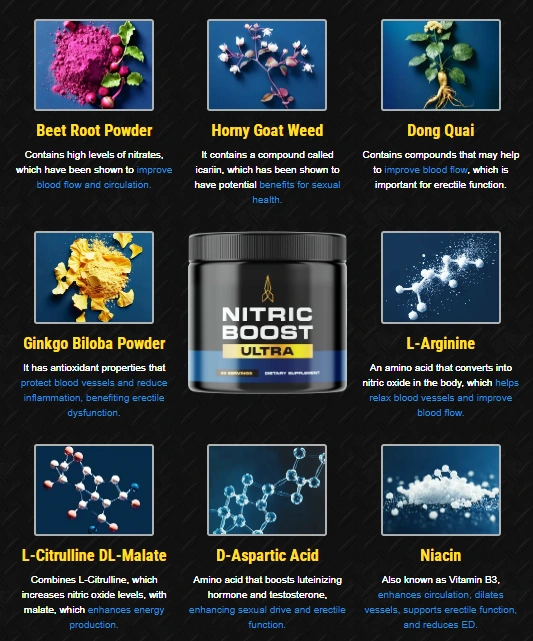 Click here
Click here Click here
Click here
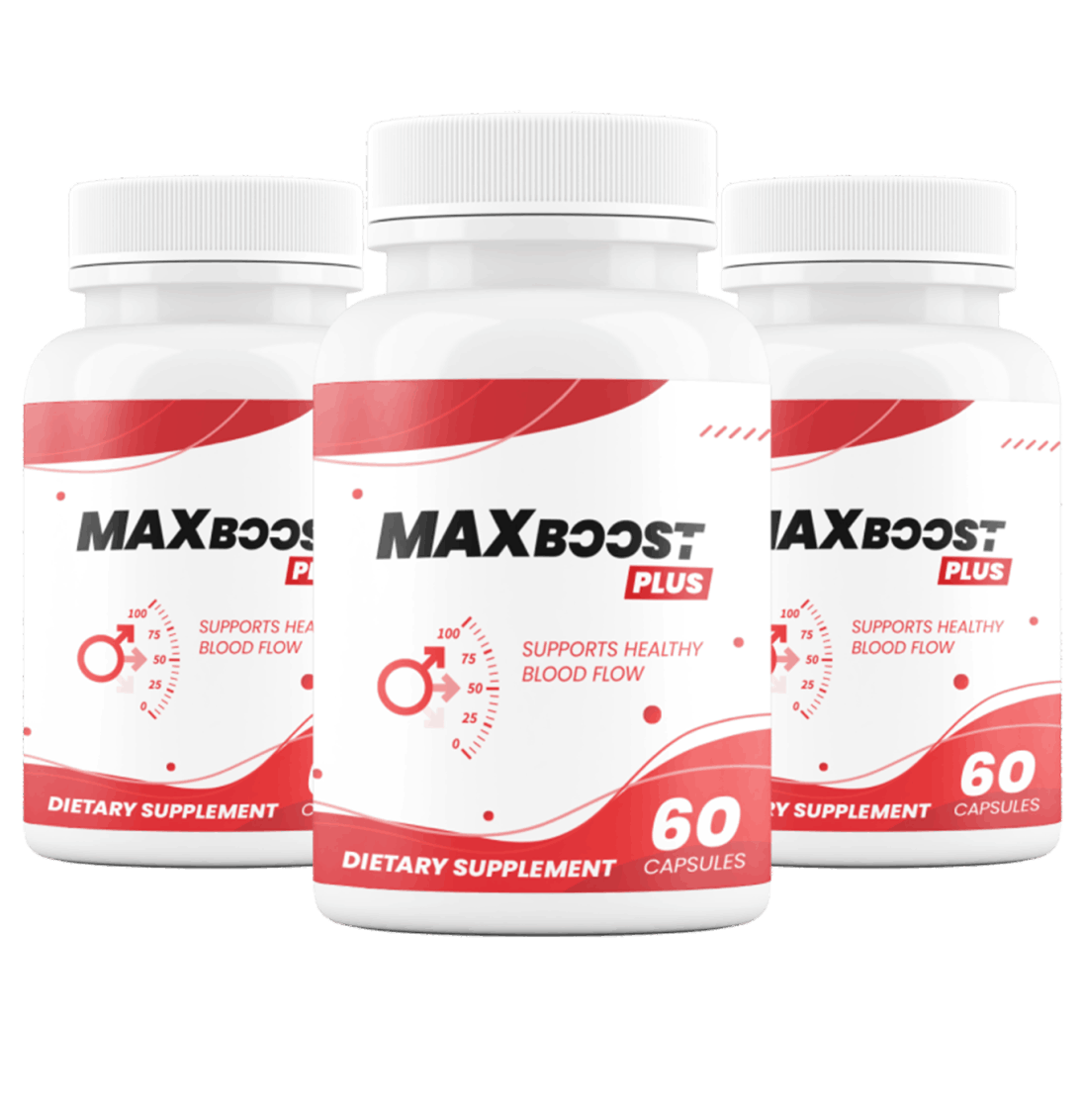 Click here
Click here 

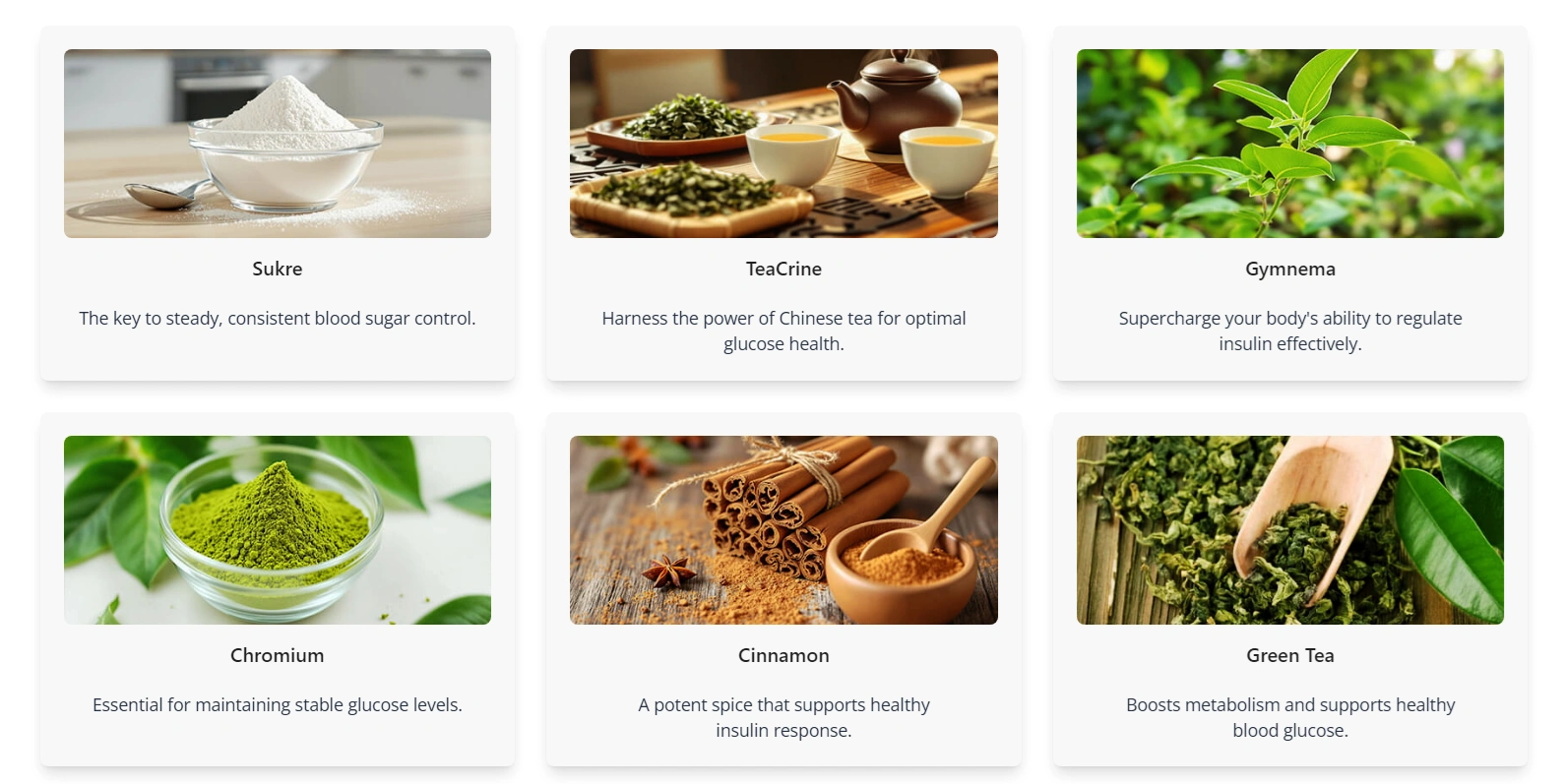 Click here
Click here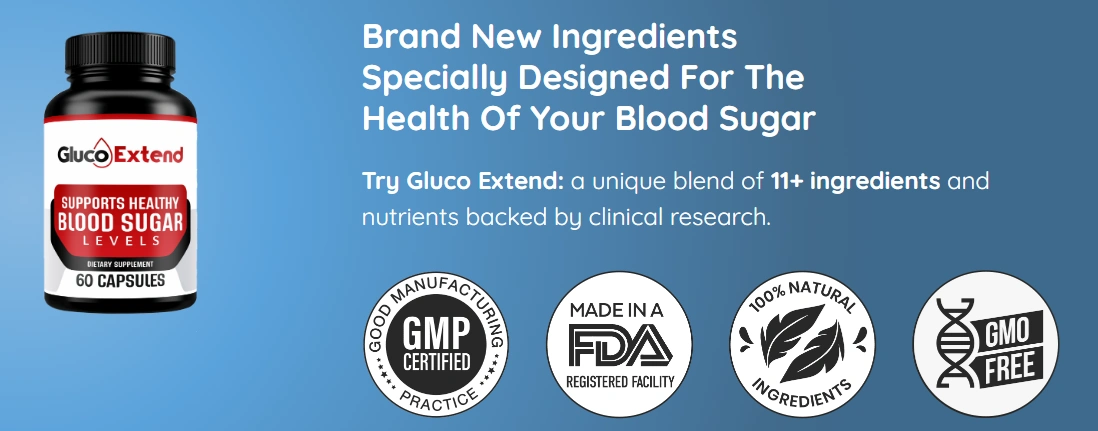
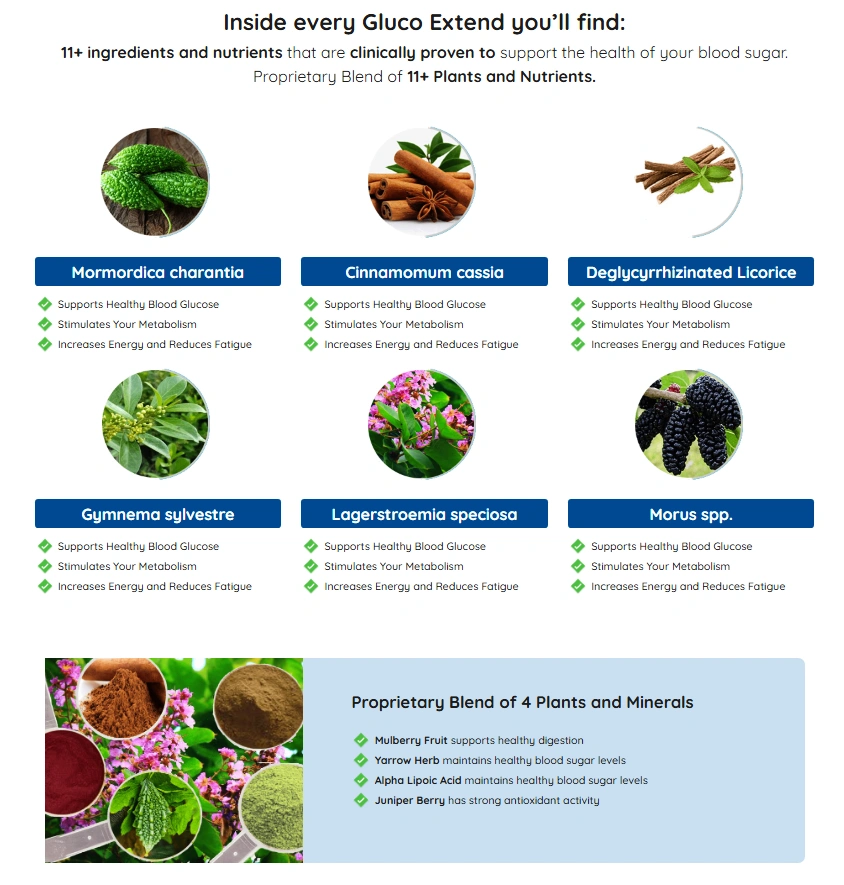 Click here
Click here
 Click here
Click here

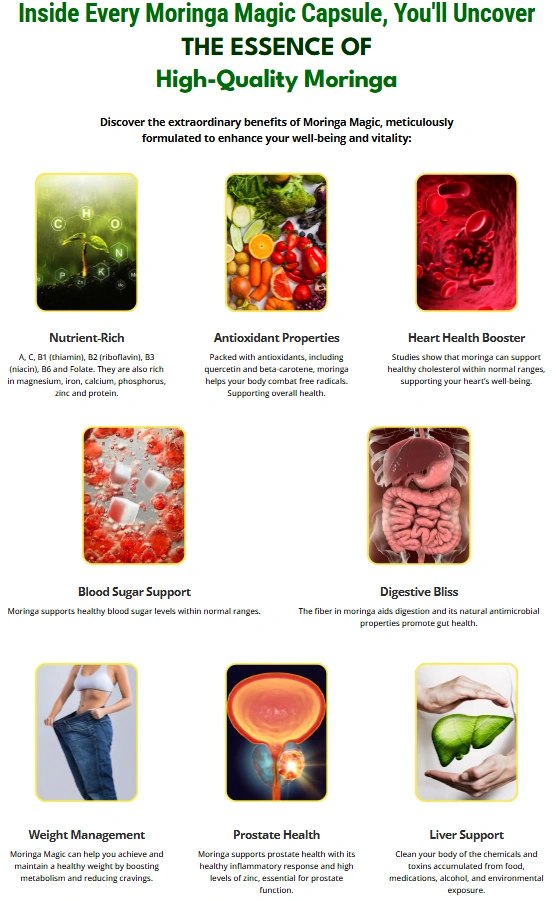 Click here
Click here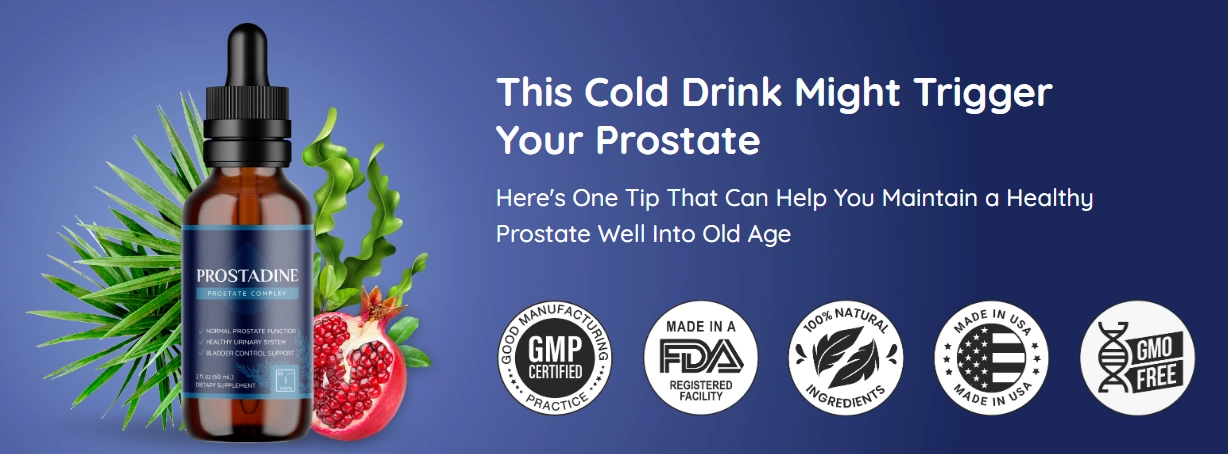
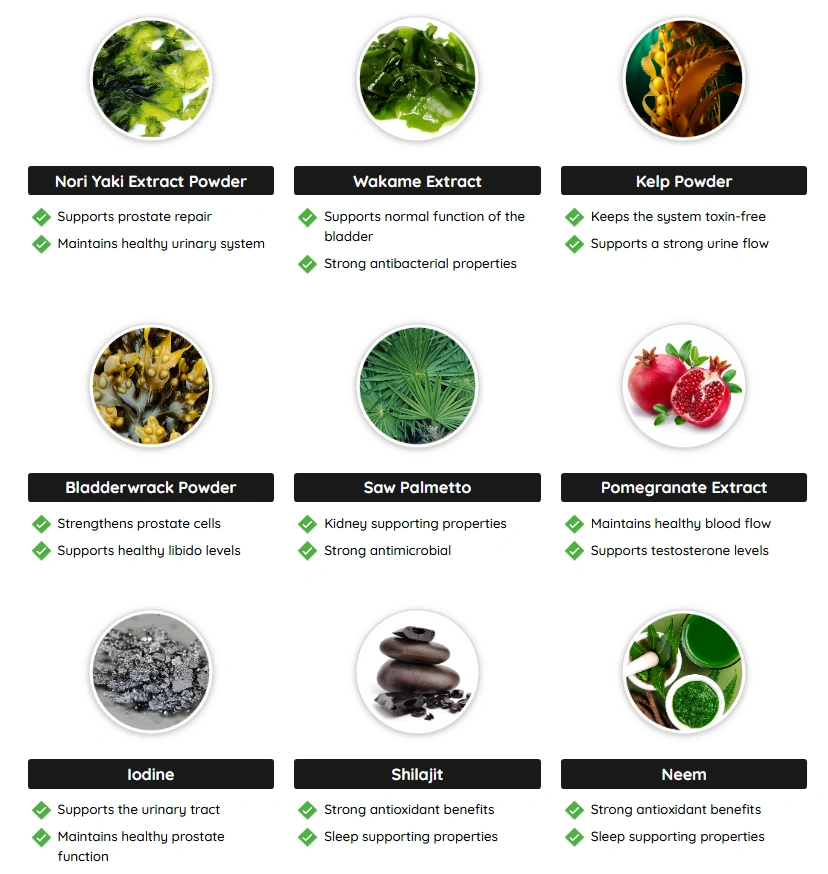 Click here
Click here 